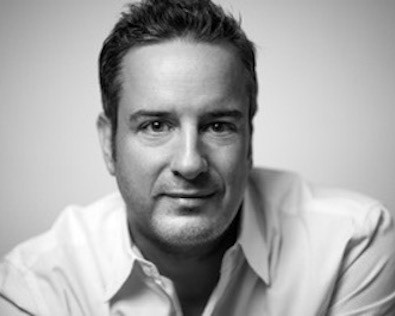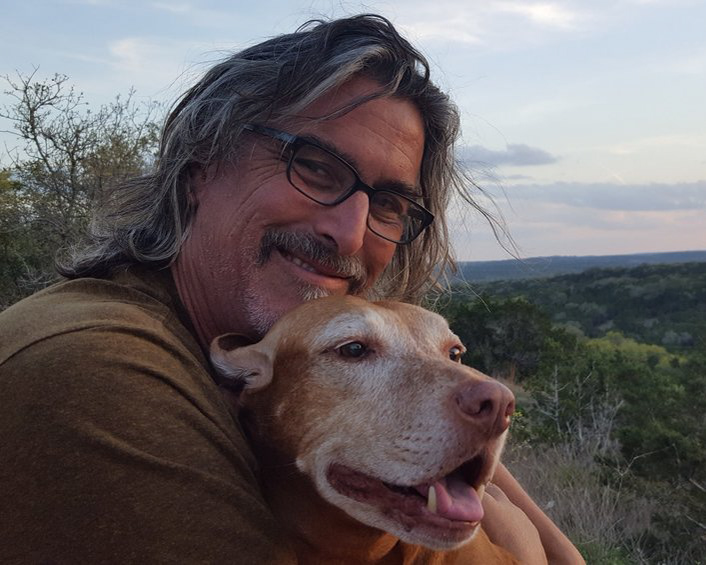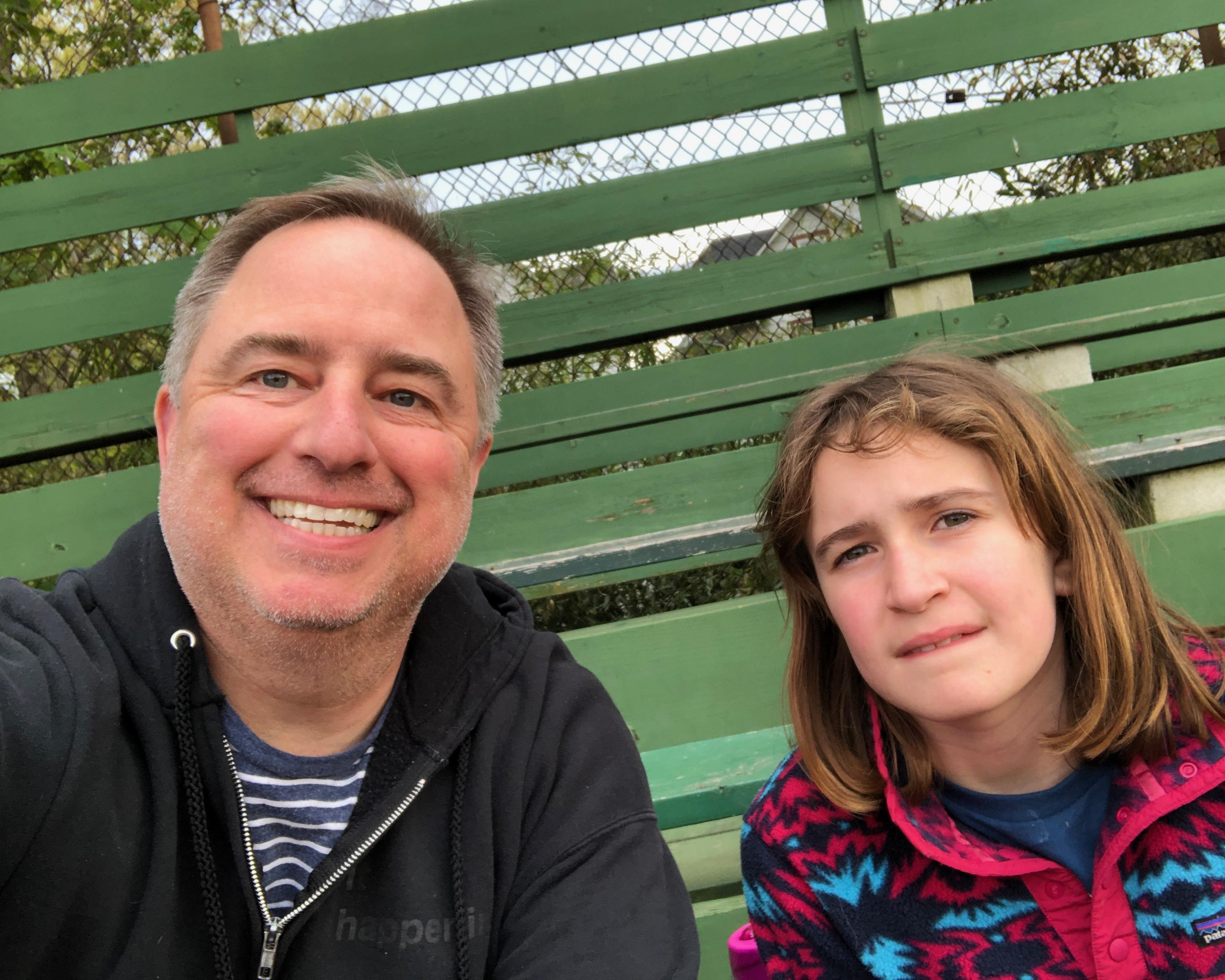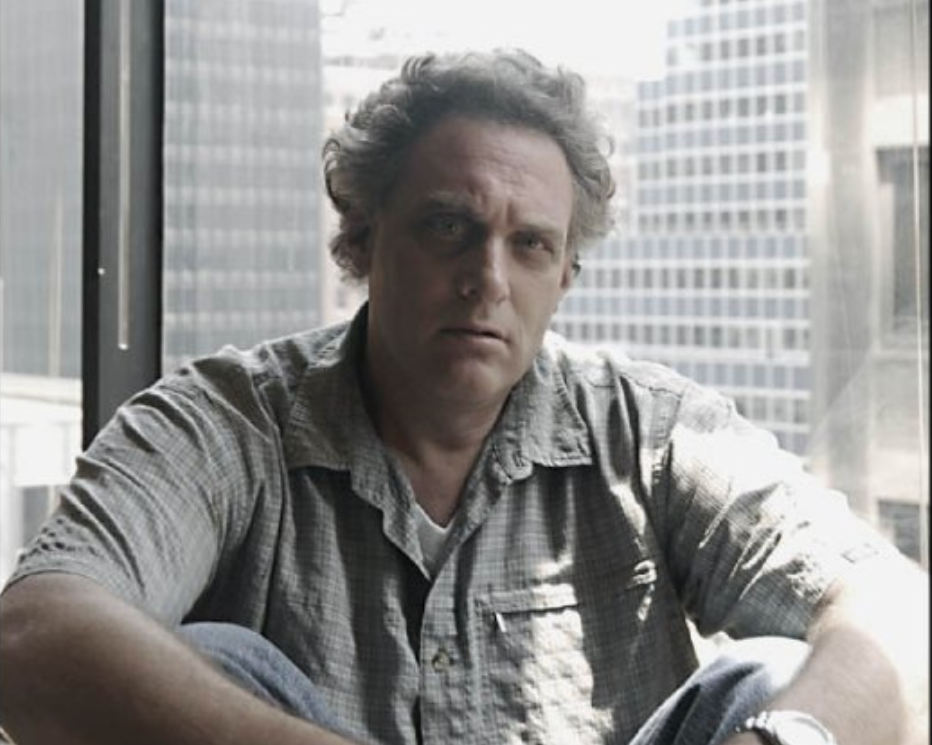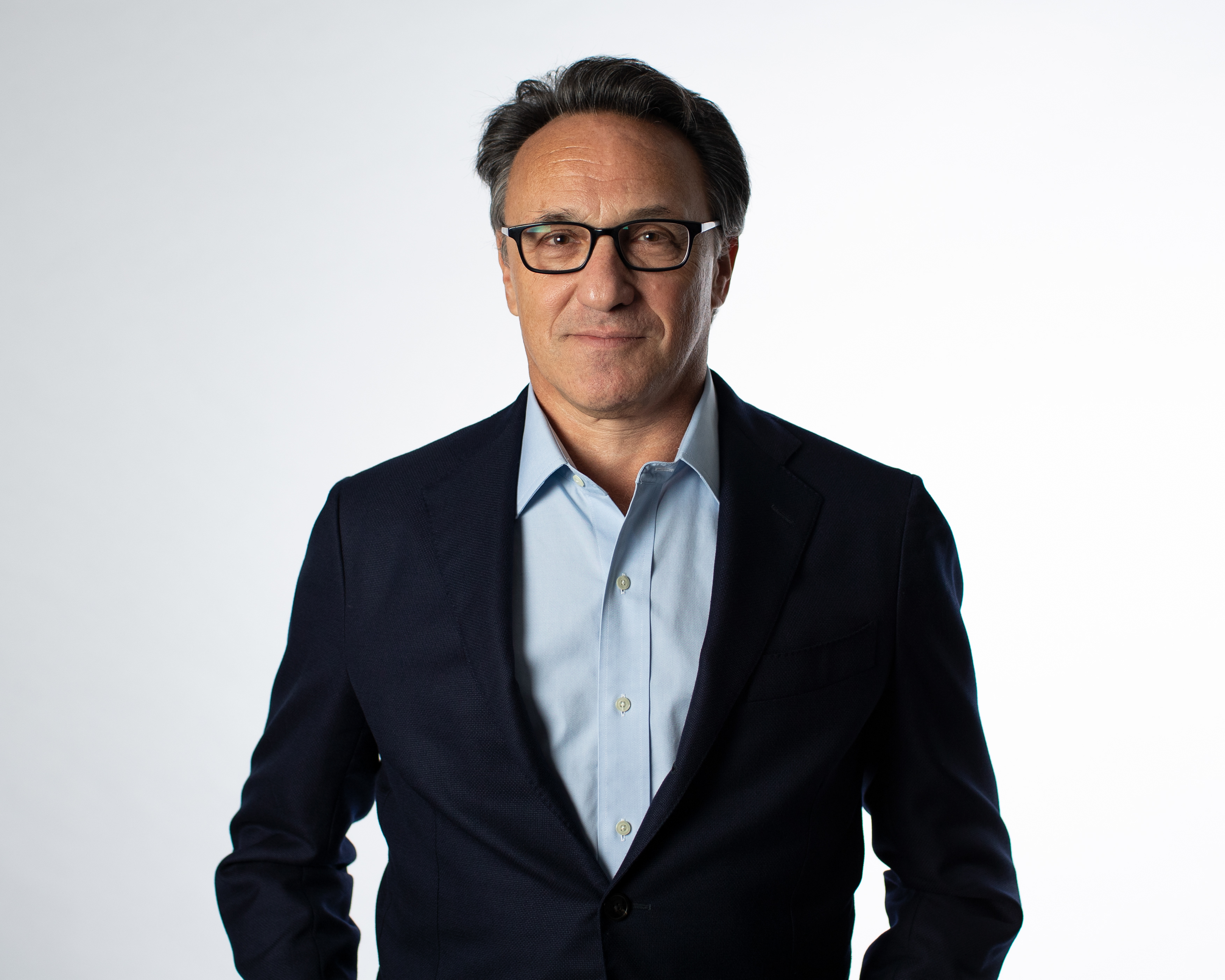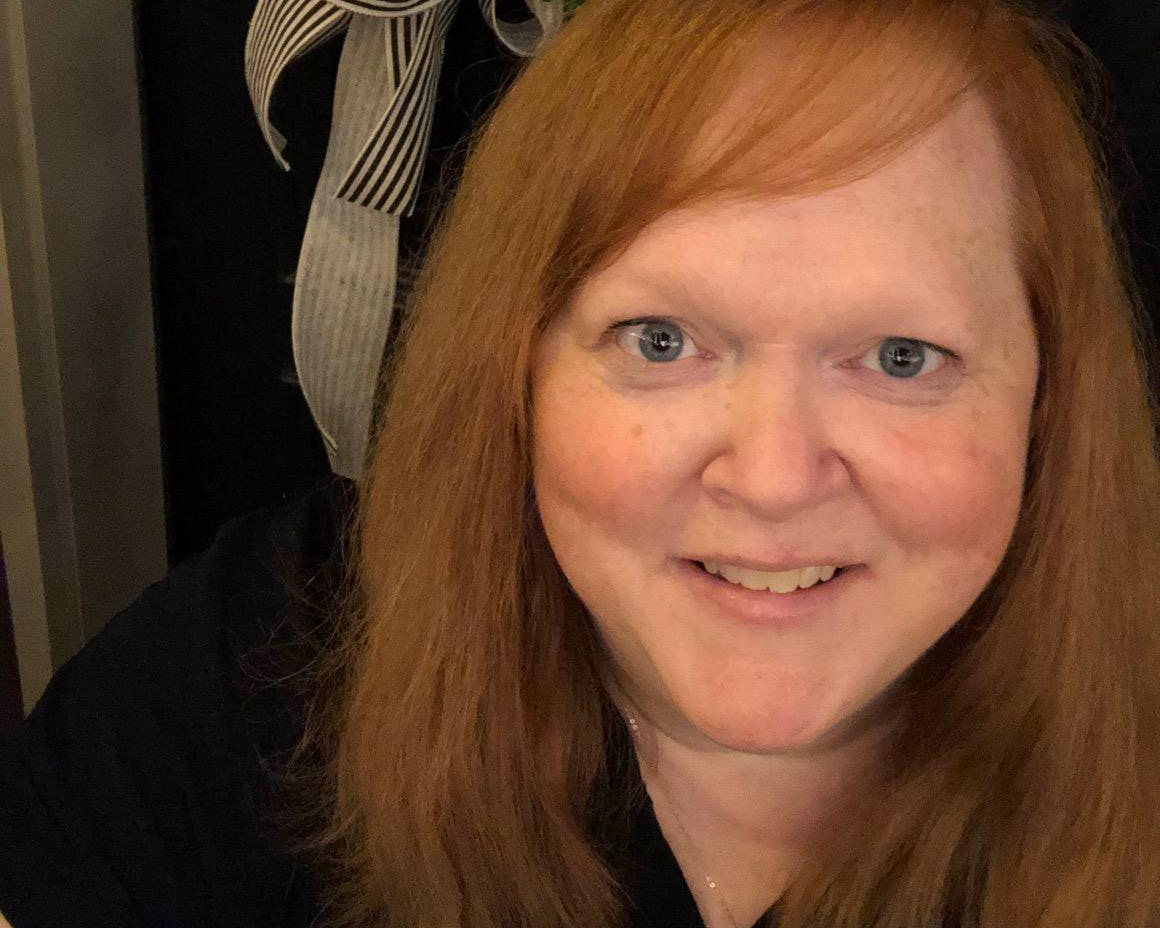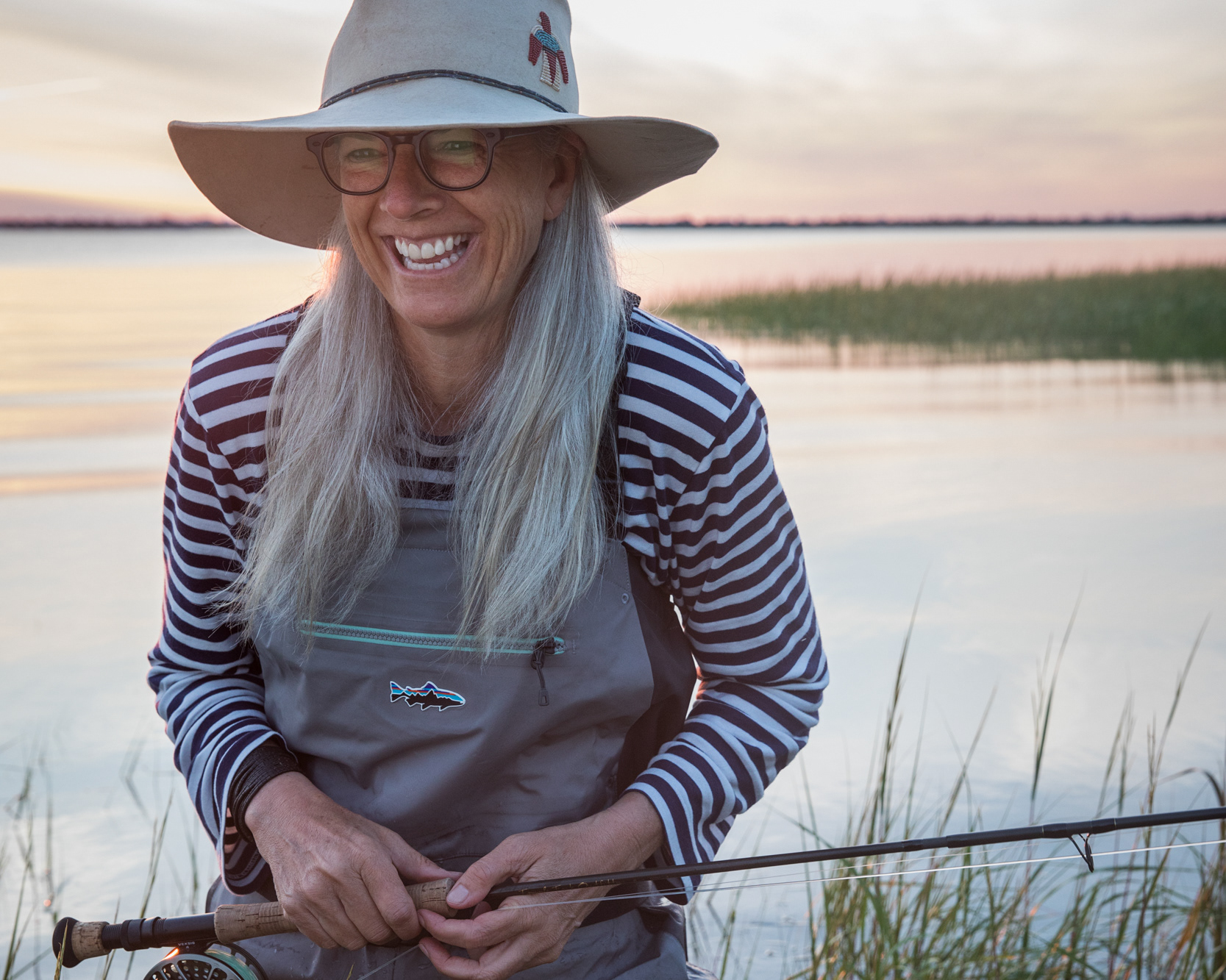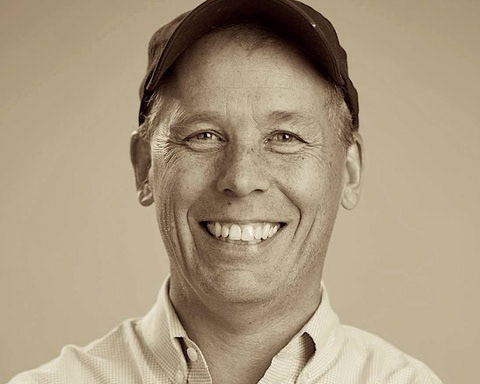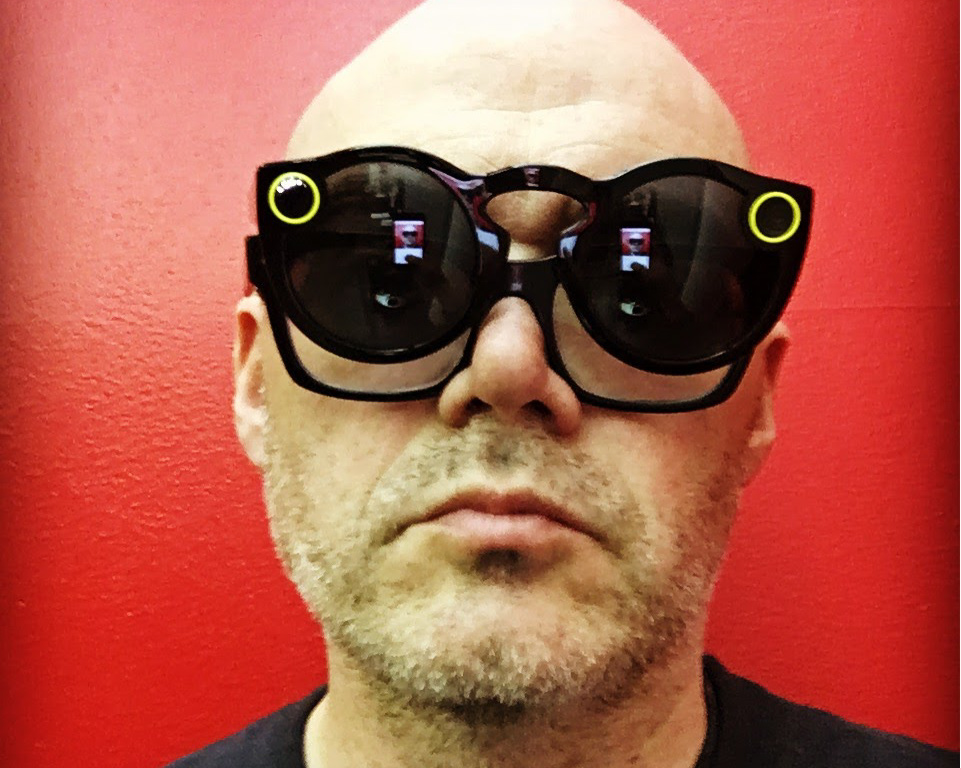Leading any agency at a time of massive industry change is difficult. Leading one of the world’s great creative agencies—one with the highest creative standards and integrity—during such a time is downright impossible. But according to Kevin, it was even harder than that.
Somehow, however, he did it with flying colors and showed us all how the envelope gets pushed.
Under Kevin’s creative leadership, many brands led the way into previously uncharted territories including, but certainly not limited to: a five-episode television series on MTV for Unilever’s AXE called, “The Gamekillers.” A YouTube sensation for Diageo’s Smirnoff Raw Tea called, “Tea Partay.” And the innovative launch for NYC&Co and Warner Brothers Music of a new Oasis album, “Dig Out Your Soul,” via street musicians on the streets of New York City.
Kevin says he’s simply been very lucky. But we're not so sure. Is it luck to be the only person in advertising history to win The One Show’s “Best of Show” award, twice? Is it luck to have led teams that won the Cannes Titanium Lion; four AICP NEXT Awards; the Grandy Award; the first-ever AAAA’s O’Toole Box Award; three Yahoo ‘Big Idea’ Purple Chairs, and so many others?
We don’t think so. But that said, we’re lucky to get his perspective here.
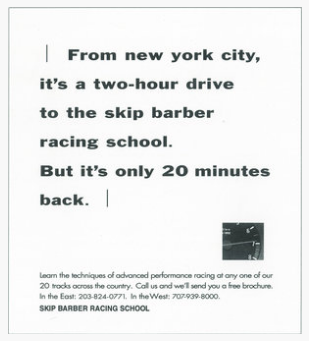
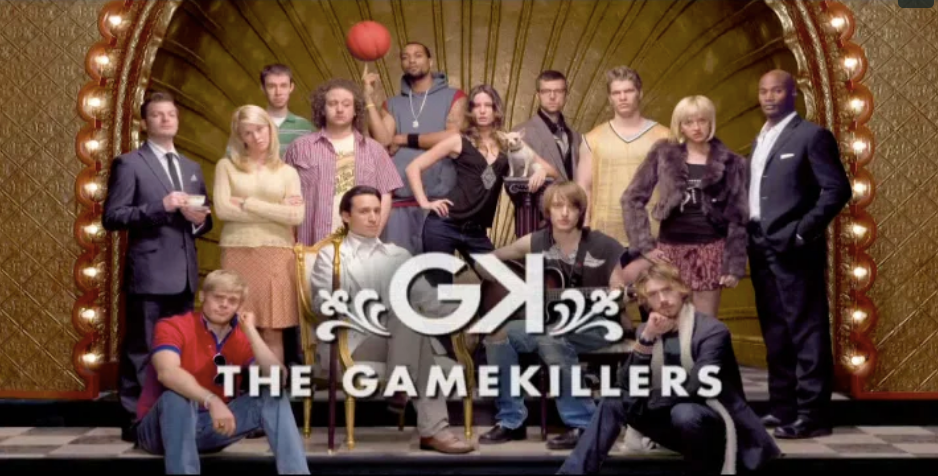
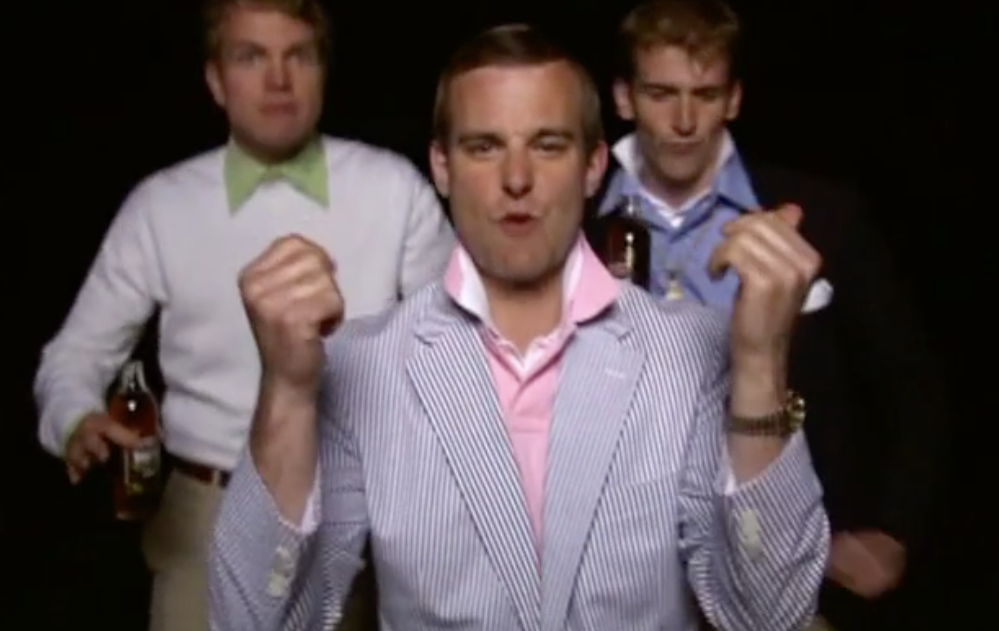
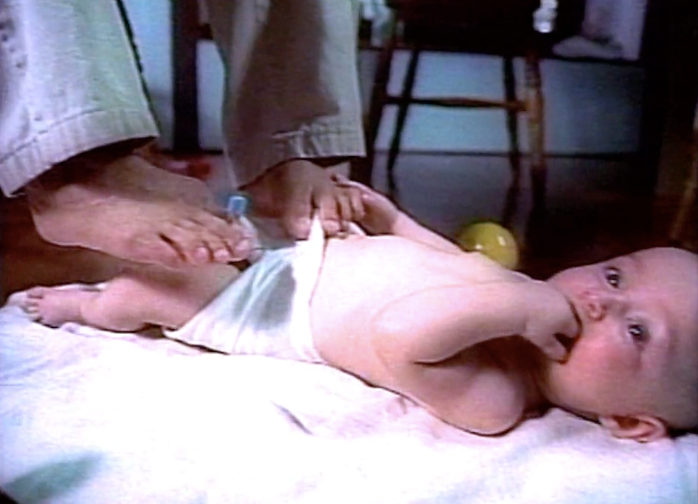
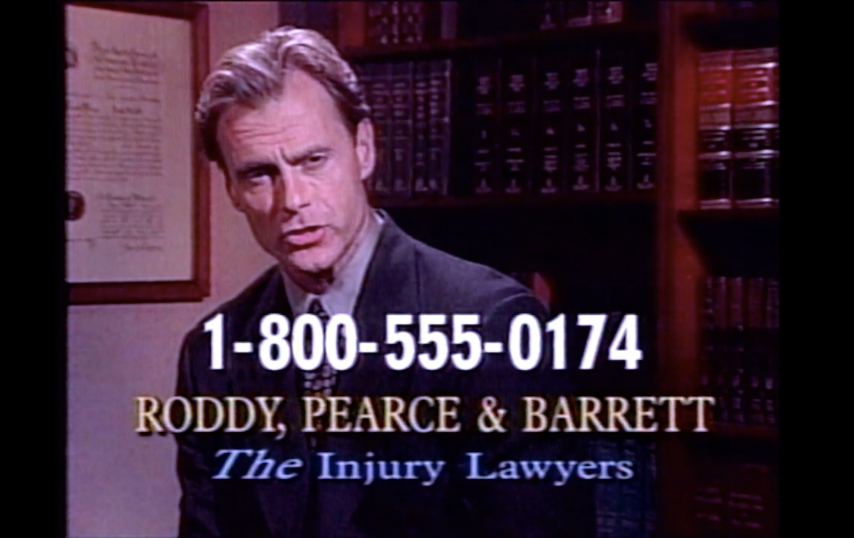
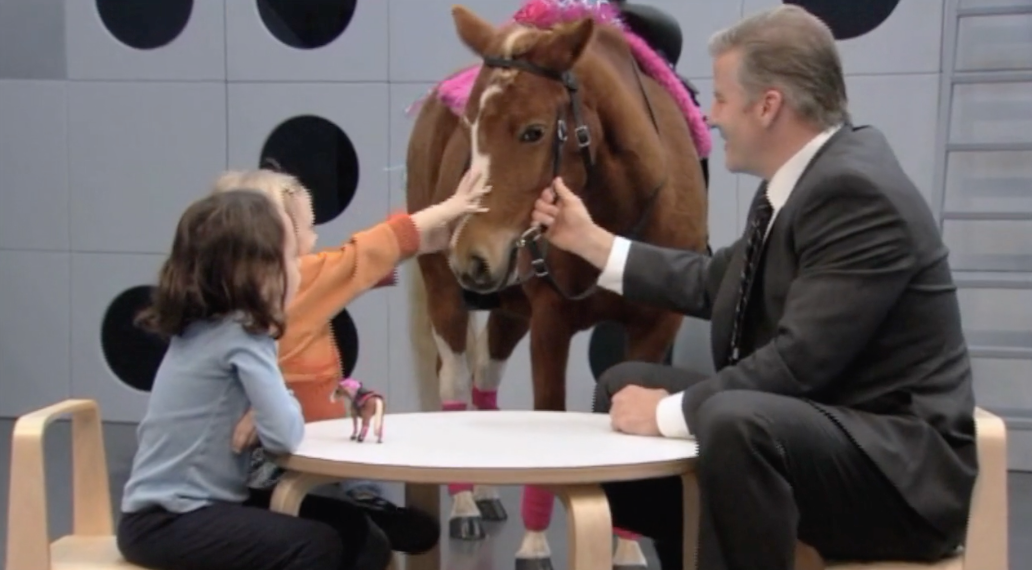
Is ageism in the industry something you thought about in your 30s? Your 40s?
Not really. I never considered “age” as much as I did “talent.” I’ve always been one of those people who wanted to learn from the most talented people I was working with. I never believed I was very good so I was always trying to learn how to be better. It didn’t matter how old the people I admired were, and it didn’t matter if they were a creative person, an account person, a planner, or whatever … I liked people who were good at what they did. Period. I asked for their help and/or studied their work—their style, their decision-making, their presentation skills, their leadership, their relationships, etc. I always tried to figure out what made them great and then I applied that to my own development, in my own way.
Looking back, I learned a lot (but not all) from people who had a lot of experience (a.k.a., age). I never considered them “too old,” and never questioned why they were working around so many younger people. I simply sucked the best part of their abilities through a straw and into my brain. I knew they had things they could teach me, things that only experience can inform. So I absorbed all I could.
But that said, I don’t think I’ve ever been to a retirement party in advertising. Hmm. I have, however, seen lots of ads about them.
"... some people wanted me to fully embrace many of these new types of media blindly and without question. But that’s just not the way I roll."
Is ageism something that affected you? What are some of the challenges you faced as a person who was getting older in the business? Do tell.
I can’t honestly say that it did. I believe that the things I’ve accomplished in advertising did all of my talking for me. I don’t believe I was judged by my age … I believe I was judged by my work. And that’s the way it should be.
That said, however, I do think—hell, I know—that some people viewed me, at times, as “old school.”
Specifically, holding the reins of a certain agency at the time the industry was going through the massive change of digital/social/experiential/etc., some people wanted me to fully embrace many of these new types of media blindly and without question. But that’s just not the way I roll. So when I raised a bunch of questions instead, they saw it as my unwillingness to lead the agency into the so-called new world.
I believed, however, that this desire to rush into new media was little more than certain people being more interested in becoming part of what was new than doing it to the creative standards that would make it most effective. So I pushed back on that thinking and, frankly, caught a lot of old-school flack for it.
Don’t get me wrong, I wanted desperately to bring our brands into this new world of marketing and, ultimately, we did. But I did it my way. It may have made me look like a doddering old fuddy-duddy to some, but I’m far more proud of the work we did, and its effectiveness, because of it.
Tell us about your own creative journey. What are your thoughts on where you are now, compared to your mindset when you were in the beginning of your career?
I still love to write. Love it! But the time I spent writing advertising in an agency taught me a few things that I think need changing. So I’m working on changing them now.
Specifically, brand storytelling. I noticed that in the broader world of marketing communications things get compartmentalized. People and businesses take control of their piece of the puzzle and do their best to make it great. Some people write great advertising … others write great brochures and annual reports … and others make great websites or terrific point-of-sale pieces. But rarely are these things (and all of the others) held together with a consistent story thread—primarily because they’re done by different people with different agendas.
Most brands spend an incredible amount of time, money and effort developing their story only to have it told well in some channels while ignoring others—or treating other channels like a red-headed stepchild that somehow doesn’t deserve the care, attention and effort to make it part of the family.
What an incredible waste.
I believe stories should be used like a thread to stitch together all of a brand’s communications so that everything, in its own way, uses the same voice and narrative to further the story. Nothing gets left behind. Everything gets a role to play in the bigger picture.
So I’ve decided that I want to apply my experience looking at a brand as a whole—a whole made up of a collection of story pieces. I don’t want to look at only my piece of the pie, I want to work on the whole pie. I call it “story threading” and it’s all about using my experience to write a brand’s story through every aspect of the brand itself—in the appropriate way for the communications channel.
"When I was younger I was all about making a name for myself, and that meant writing for things that could win an award. But age and experience has taught me that this business isn’t about me."
Did the reality of the ad industry contribute to the decisions you made/the path you’ve taken?
If by “reality of the ad industry” you mean ageism … no. It’s true that I’ve gotten older and, as a result, my phone doesn’t ring off the hook from agencies wanting to hire me to apply my experience to their business. But that’s not the reason I’m applying my experience the way I am. I’m applying my experience this way because I see a hole that needs filling. I’m about telling a brand’s story as a way to solve a problem and using every appropriate tool to do it—from websites to sales brochures, an annual report to point-of-sale materials, even label copy or the script a customer service representative uses to answer the phone. Everything is an opportunity to further a consistent brand story.
When I was younger I was all about making a name for myself, and that meant writing for things that could win an award. But age and experience has taught me that this business isn’t about me, it’s about the brands I work for. So I no longer have the drive to be in the headlines. I’m driven by using creativity in more places than I used to.
"Your career and its success isn’t defined by what you want, it’s defined by what you do."
What do you feel creative people over 50 can offer over someone 20 years their junior, things that are unappreciated, or just plain overlooked?
I don’t want to speak for the entire community of people over 50 because, well, I’m not sure they’d all agree with me. But I will say what I can offer someone 20 years my junior and it’s this: forget about everything in your career except the work.
Forget about how much money you make and that you want to make more of it … if you do amazing work they’ll pay you more.
Forget about wanting a title that will look good on a business card … if you do amazing work they’ll give you a title.
Forget about wanting to work at the “cooler” company down the street … if you do amazing work, cooler companies will throw themselves at you.
Your career and its success isn’t defined by what you want, it’s defined by what you do. So make your career all about doing amazing things, because then amazing things will happen to you.
What is your advice to people who are nearing or over 40 in the ad industry?
Do amazing things. Work hard and stay curious. Don’t look back but certainly look forward. Learn from people around you … and that includes people younger than you. And, definitely, be nice.
Also, never believe you’re the smartest person in the room. The moment you believe that is the moment you stop swimming forward and start treading water. Listen to other smart people … hear alternative perspectives … and then do what you believe and make the call you want to make. Just be informed when you do.
How are you approaching the next 10 years? What does your future hold?
The same way I approached the last 30 … using the power of creativity to change the game. That may be in writing ads or other marketing communications, or it may be in using the power of creativity in other things. I have a few pretty cool thoughts I’ve been working on … but damn if I’m going to tell you what they are.
What do you see as potential solutions for ageism in the industry? Any thoughts on possibly unionizing?
Many people see advertising as a creative business. But, in reality (and sadly, in my opinion), it’s mostly a business with a creative department. And there’s a big difference.
A truly creative business needs talent. It needs people who live and breathe the idea that creativity is an economic multiplier with tremendous value. A creative business needs the best ideas and the best execution from wherever that comes. Age (among other things) doesn’t matter. The only thing that matters is the power of creativity—and money flows from that creativity.
A business with a creative department requires something very different. It requires business people—people who live and breathe the idea that a business succeeds, primarily, by making money … any way it can. Good creative or bad doesn’t really matter, as long as the cash register cha-chings with regularity.
A business with a creative department, therefore, doesn’t place as much value on creative talent. And since experience costs more than inexperience, and creative excellence more than creative aptitude, they lean toward filling their creative department with less so that they can keep more.
So where is the ageism solution in that? Find a place where excellence trumps aptitude. Work for a place that wants great work and knows what it takes to get it. Because those places are more likely to value your experience and ability.
"For me, perspective means that I can be engaged and rewarded for work I am proud of … regardless of it’s potential to generate fame for me."
What are some positive things you’ve experienced as you’ve grown older in the business?
Perspective—with maturity comes seeing beyond one’s nose. As I mentioned before, I can now more clearly see the importance of work that doesn’t actually have a chance of living on the pages of an award show book. For me, perspective means that I can be engaged and rewarded for work I am proud of … regardless of it’s potential to generate fame for me.
Believe me, I’m not downplaying award shows—I’m still a massive fan and see their great value—but I no longer need to make them an objective. And I no longer need to play to their approval.
I also have to say that growing older in this business has given me confidence. I don’t approach problems the same way I did when I was younger. I’m faster to good solutions than I was before and I know how to avoid the pitfalls.
Who do you look to for inspiration?
I don’t tend to look for inspiration, it usually finds me. And it finds me because I keep myself open to being inspired anywhere, everywhere, and by anybody. The more I see, taste, hear, feel and smell, the more opportunity I have for something to hit me with a bolt of inspiration.

